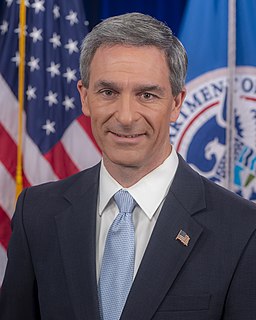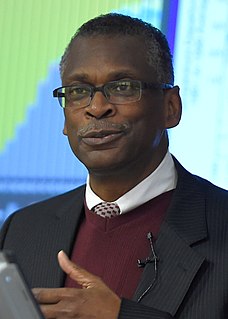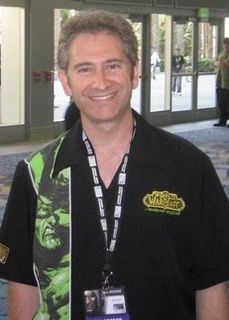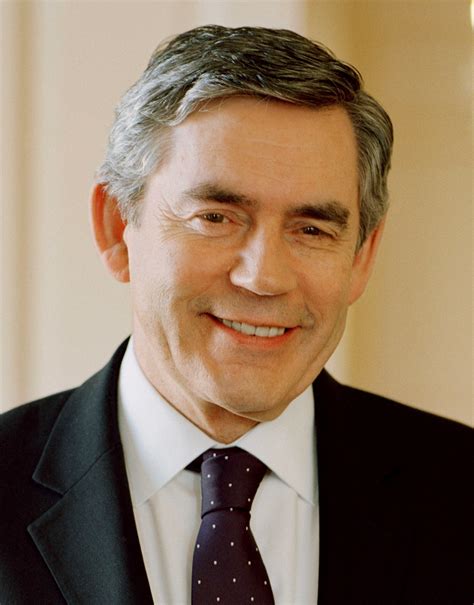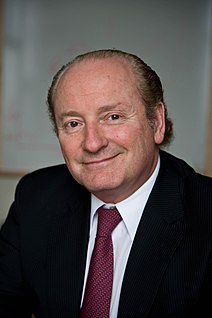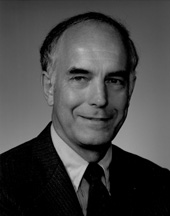A Quote by Kimberly Bryant
I had originally wanted to be a lawyer. Even when I went to college and majored in engineering, I still thought I'd get a law degree. Then I started taking electrical engineering classes where I saw some of the innovation happening around computers and solid-state technology in the mid '80s.
Related Quotes
Too many companies believe that all they must do is provide a 'neat' technology or some 'cool' product or, sometimes, just good, solid engineering. Nope. All of those are desirable (and solid engineering is a must), but there is much more to a successful product than that: understanding how the product is to be used, design, engineering, positioning, marketing, branding-all matter. It requires designing the Total User Experience.
Engineering is not merely knowing and being knowledgeable, like a walking encyclopedia; engineering is not merely analysis; engineering is not merely the possession of the capacity to get elegant solutions to non-existent engineering problems; engineering is practicing the art of the organizing forces of technological change ... Engineers operate at the interface between science and society.
Shiv Nadar University has five schools with 16 departments offering 14 undergraduate, 10 master's and 13 doctoral programmes. The demand for engineering courses - computer science, engineering, electronics, communication engineering, mechanical engineering - is slightly on the higher side compared to other engineering courses.



